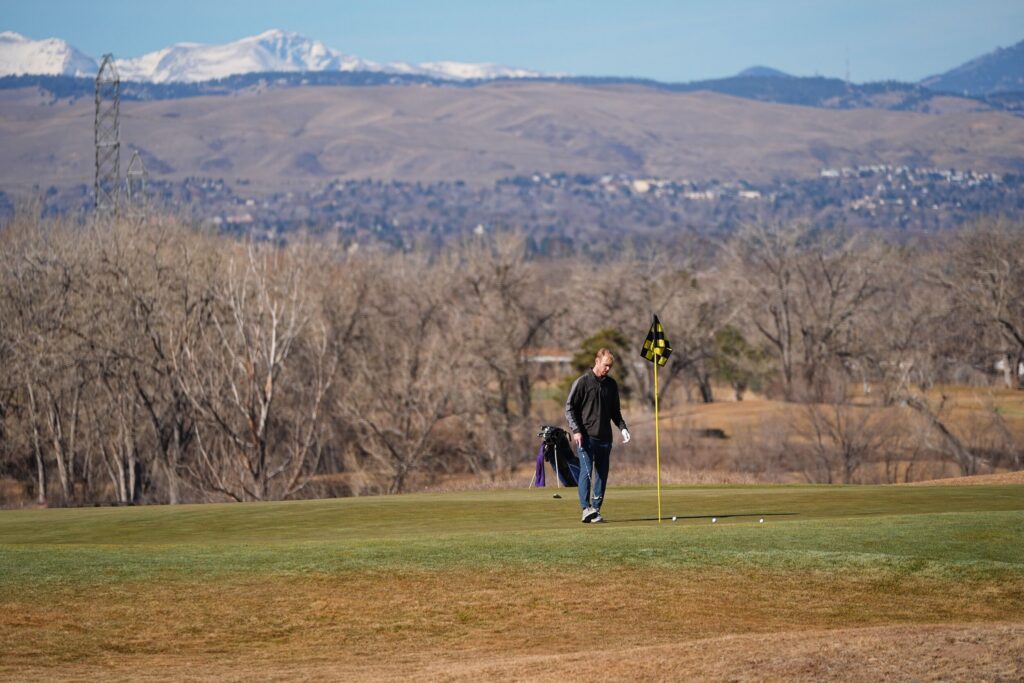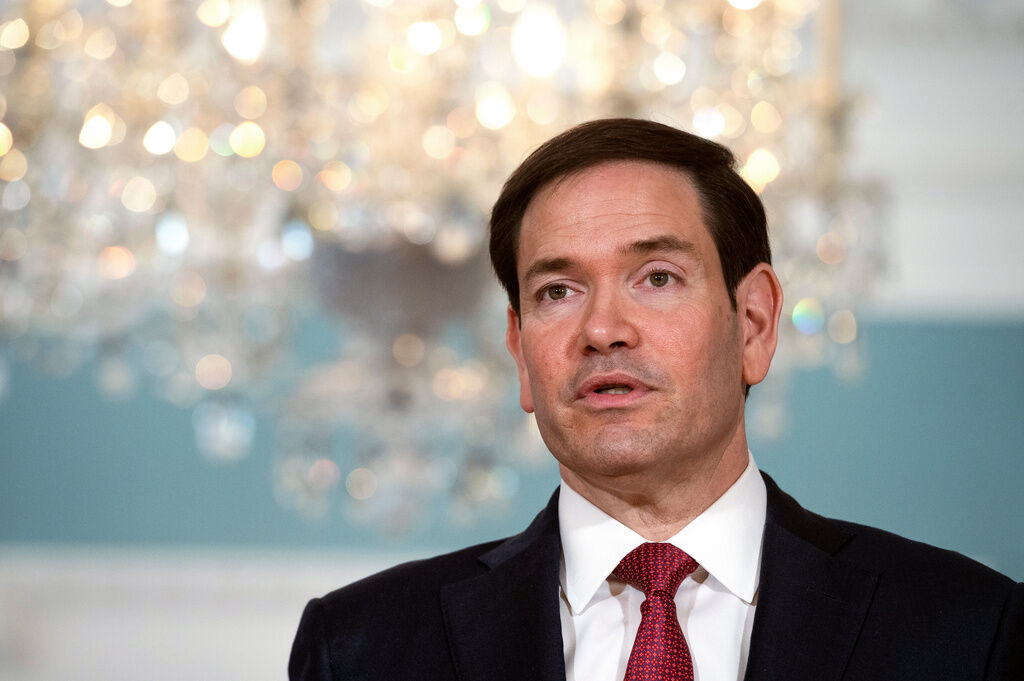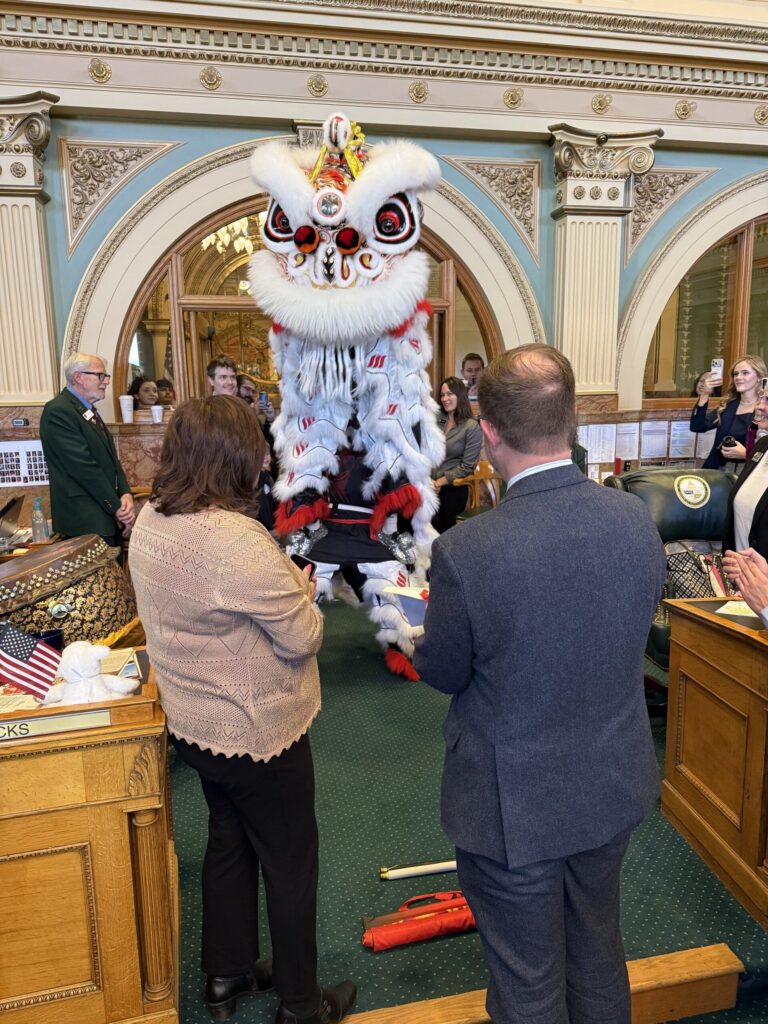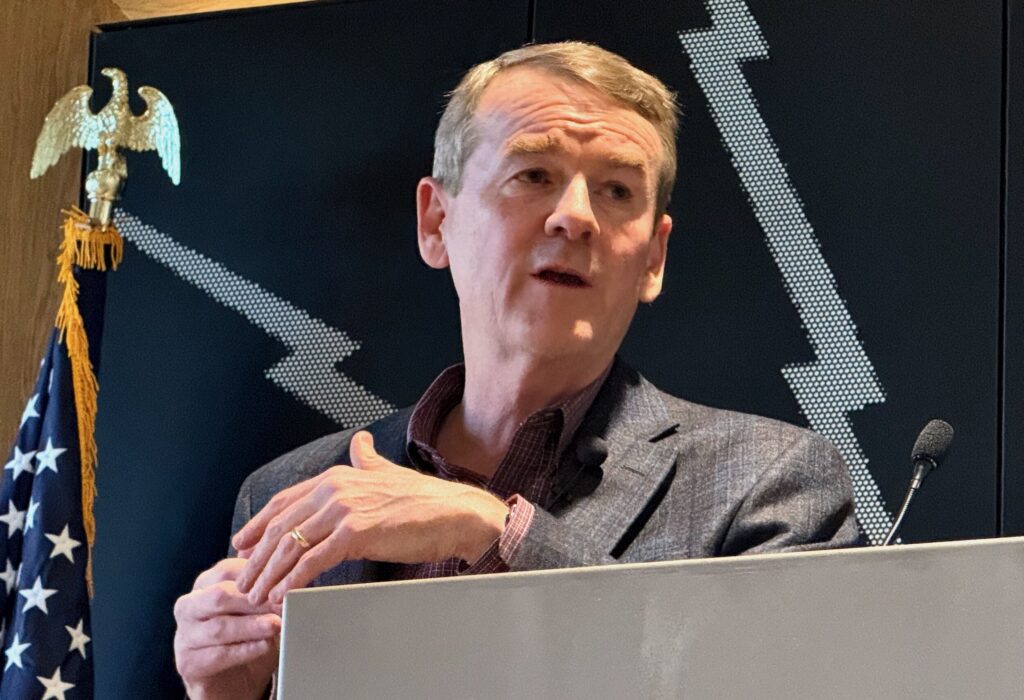Hickenlooper on making pot illegal again: ‘I’m not ruling it out’

Colorado Gov. John Hickenlooper was against legalizing marijuana in the first place – but once the voters spoke, he went along and defended Coloradans’ right to use recreational pot.
Now, however, in an interview with CNN, he appears to be opening the door a crack to the idea of re-criminalizing cannabis.
Hickenlooper was interviewed for a CNN piece posted Friday that noted a rise in Colorado crime rates since 2014, when recreation marijuana went on sale legally in the state following a constitutional amendment passed by voters in November 2012. (Medical marijuana was legalized in Colorado years earlier.)
The piece presented conflicting views from Colorado law enforcement officials as to whether the crime rise and pot legalization are related.
Asked in the interview whether he was ruling out a correlation between a rising crime rate and legal marijuana, Hickenlooper told CNN: “No, I’m not ruling it out.”
When CNN’s interviewer said: “But no one is saying you can put the genie back in the bottle” – re-criminalizing marijuana – the Democratic governor said this:
“Not yet we aren’t, but trust me, if the data was coming back and we saw spikes in violent crime, we saw spikes in overall crime, there would be a lot of people looking for that bottle and figuring out how we get the genie back in. It doesn’t seem likely to me, but I’m not ruling it out.”
Re-criminalizing marijuana in Colorado under state law would take another vote of the people to un-do the constitutional amendment they approved by a 55-to-45-percent margin less than six years ago. Since then, pot has been legalized in several other states.
“This is one of the great social experiments of the last 100 years,” Hickenlooper told CNN. “We have to all keep an open mind.”
Asked about Hickenlooper’s comments to CNN, The governor’s office told Colorado Politics Friday afternoon that Hickenlooper was saying if the crime statistics were higher and a direct link to marijuana could be established, lots of people, the governor included, would be concerned.
“If the landscape changes on any issue facing the state – marijuana, air quality, homelessness and the like – we will push to do what’s best for Colorado,” Hickenlooper’s spokeswoman, Jacque Montgomery, said. “Of course, any change to the constitution would require a vote of the people.”
The crime statistics cited in the piece do not directly link the increase since 2014 to marijuana to exclusion of other things, including population growth.
“Can we attribute that to marijuana? I don’t think you can,” Denver Police Commander James Henning said on CNN. “The data is not there.”
The piece cites Jeffrey Etheridge, who pleaded guilty to the first-degree murder of Heather “Helena” Hoffmann in February. Etheridge said he moved to Colorado because his girlfriend at the time had a brother who worked at a dispensary.
CNN alluded to transients, though it cited no data to indicate that marijuana played a role in homelessness.
In December Donald Burnes, executive director of the University of Denver’s Burnes Center on Poverty and Homelessness, told the Denver City Council that evidence to support a link between pot and homelessness in Colorado is only anecdotal. He said that linking overall population growth to pot also is specious without better data.
“It is unfortunate to see that CNN has erroneously reported Gov. John Hickenlooper’s position on legal marijuana by suggesting that the governor would ban legal sales,” said Peter Marcus, a spokesman for the Boulder-based national cannabis company Terrapin Care Station and a former Colorado Politics reporter.
“We’re filing this one in the Fake News category,” added Marcus. “The people of Colorado placed legal marijuana in the state constitution in 2012, and since that time, support for a regulated system has only grown. The voters of Colorado stand by a regulated cannabis system, and so does Gov. Hickenlooper. As a former journalist, I’m a little sad CNN didn’t put more time into gathering all of the facts. We encourage CNN to do better by clarifying and correcting this erroneous story.”












